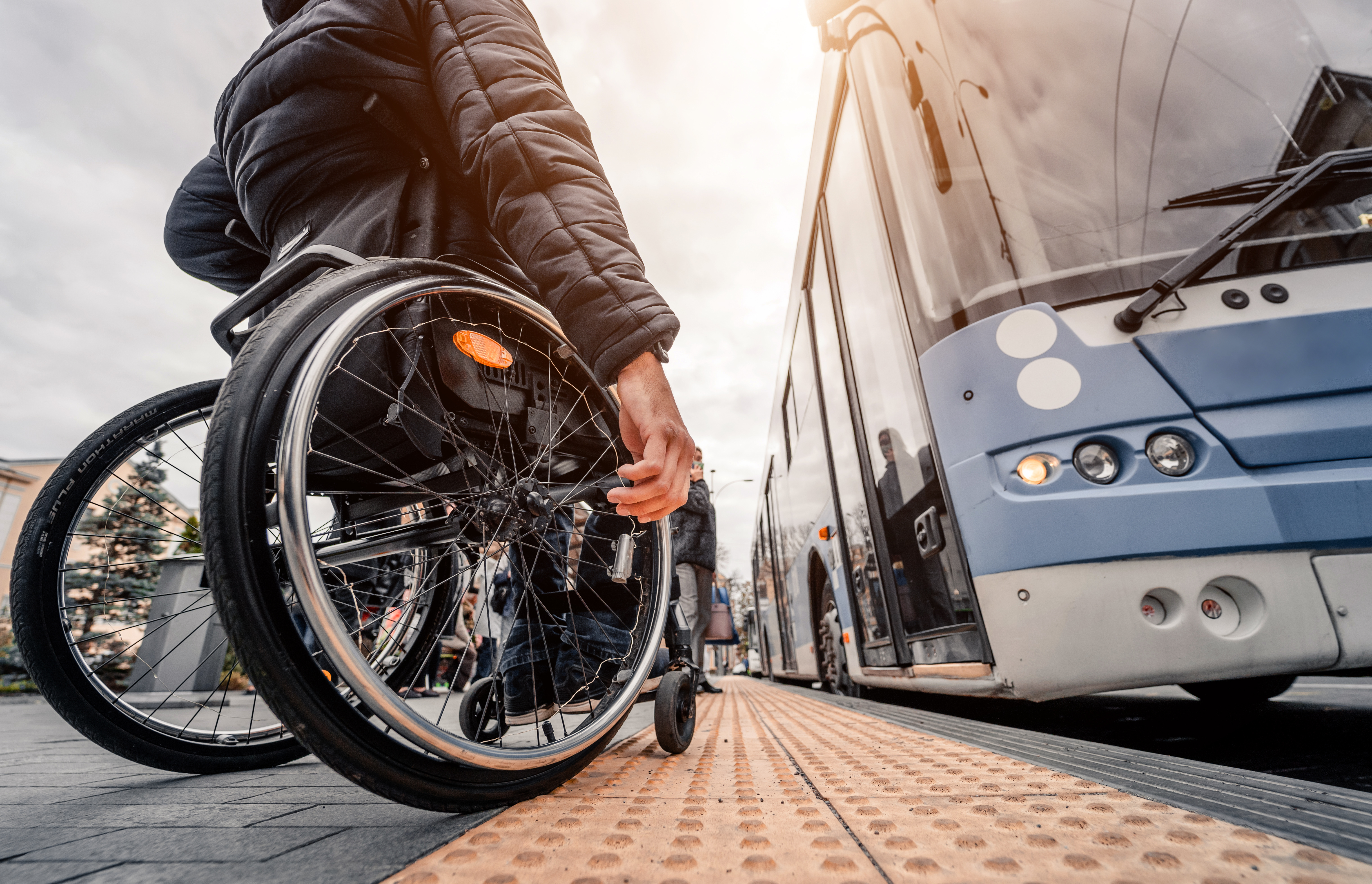
Today, over eighty million European citizens have some sort of disability and face long-term physical, mental, intellectual or sensory impairment. People with disabilities are undoubtedly among the most vulnerable of groups at risk of social exclusion. One of the many obstacles they face concerns using public transport. While developments in digital technologies are reshaping this landscape, it is important that passengers with different access needs can enjoy these new opportunities equally.
Running from February 2020 to January 2023, the TRIPS project (“TRansport Innovation for Persons with disabilities needs Satisfaction”), funded under the EU’s research and innovation programme, Horizon 2020, set out to investigate the barriers that hinder the use of public transportation by these groups. Its ambition was to make public transport more accessible for persons with disabilities, the elderly or other users with mobility challenges, notably through digital mobility solutions.
Commitments versus practice
By ratifying the UN Convention on the Rights of Persons with Disabilities, the EU and all Member States have committed to respect the rights of people with disabilities, including the right to mobility and independent living. In practice however, much of today’s transport systems in Europe remain inaccessible or very challenging.
As Tally Hatzakis, Deputy Coordinator of the TRIPS project, explains:
“On average it takes people with disabilities about 20 minutes longer than a non-disabled person to reach their destination. They are often anxious about going out, as real-time information about accessibility and routes is unreliable and often inaccurate."
Co-design in seven cities
This was the starting point of TRIPS. Its goal was to design and demonstrate practical steps to empower people with mobility challenges to play a central role in the design of inclusive digital mobility solutions.
Laura Alčiauskaitė, TRIPS Project Coordinator, European Network on Independent Living (ENIL), underlines the importance of co-design:
“The co-design methodology ensured that users with different disabilities were actively involved in developing future mobility solutions. From the beginning to the end, they were considered equal partners and equal decision makers. We decided and developed together.”
A consortium of Europe-wide networks of users, transport organisations, assistive technology specialists and municipalities carried out the project across seven pilot cities: Lisbon, Zagreb, Bologna, Cagliari, Brussels, Sofia, and Stockholm. The expertise of design methodology, systems integration and privacy specialists supporting the project also proved invaluable. Together the consortium conducted research and evaluated existing accessibility and mobility services and trends in digital and assistive technologies.
They produced a number of practical guidance materials including a ‘Mobility Divide’ index to measure the ‘accessibility gap’. Exemplar case studies demonstrated how mobility solutions designed by disabled users provide inclusive urban transport-for-all. They also developed a free online course explaining how to use the TRIPS co-design methods in any sector.
Culminating in the Lecco Declaration
Beyond the research and practical resources, the project partners brought forward the Lecco Declaration. This sets out eight key principles that should inspire all further action towards accessible and safe public transport for all, building on the advancements in universal design and accessible technologies.
The three international networks that worked together as part of the TRIPS project consortium – the Association for the Advancement of Assistive Technology in Europe (AAATE), the European Network on Independent Living (ENIL) and the International Association of Public Transport (UITP) – signed the declaration on 12 July 2022 in Lecco in Italy.
Find out more and endorse the Declaration
MORE INFORMATION
- TRIPS project factsheet
- TRIPS project website
- TRIPS video
- Reference
- SOCIETAL CHALLENGES - Smart, Green And Integrated Transport
- Project duration
- 1 Feb 2020 - 31 Jan 2023
- Project locations
- NetherlandsIrelandGermanyBelgiumSwedenAustriaPortugalCroatiaItaly
- Overall budget
- €2 831 175
- EU contribution
- €2 831 175100% of the overall budget
- Project website
- https://trips-project.eu/
